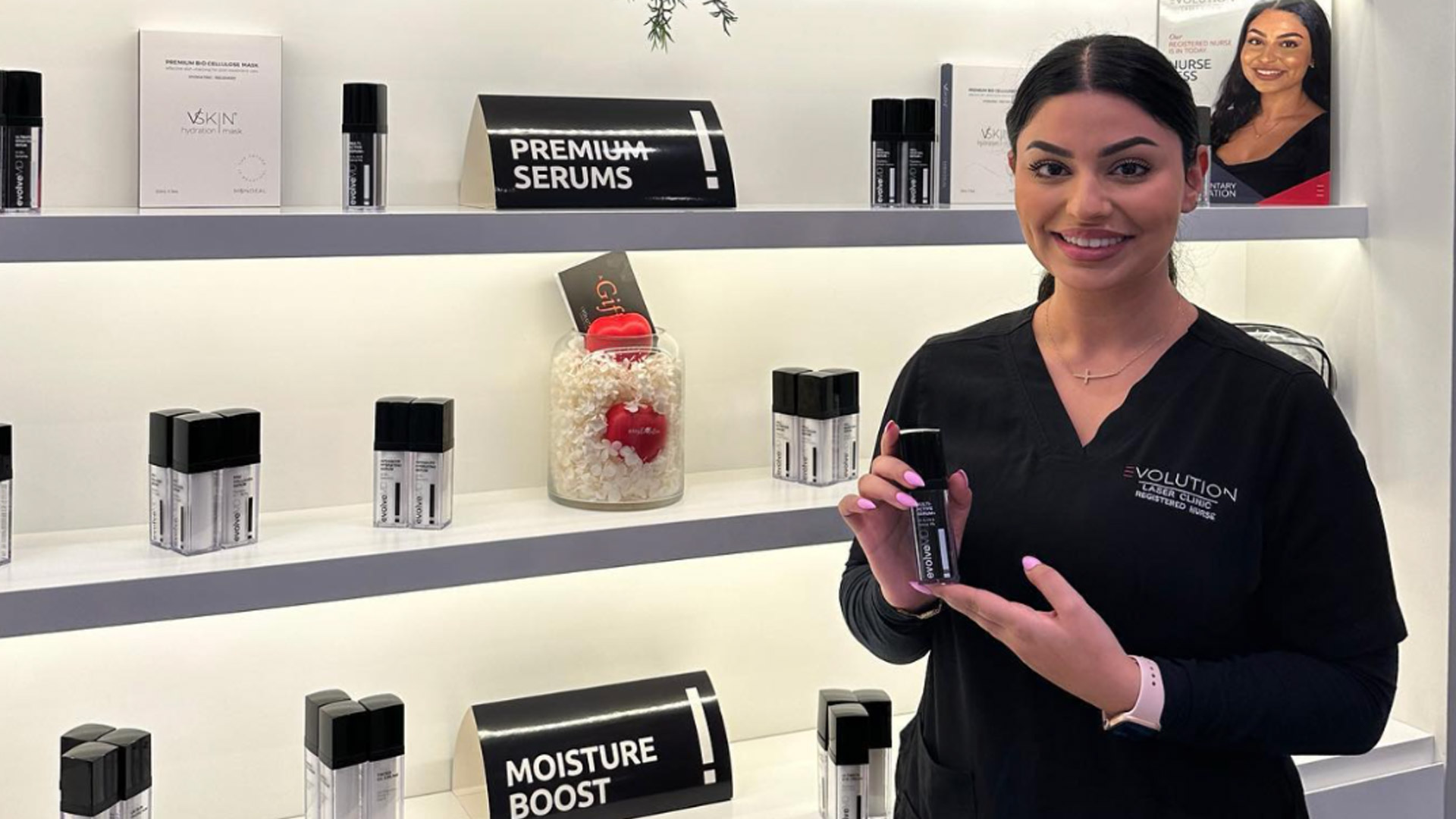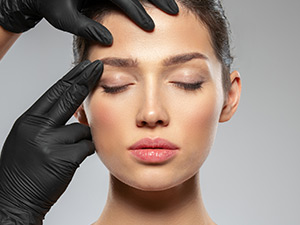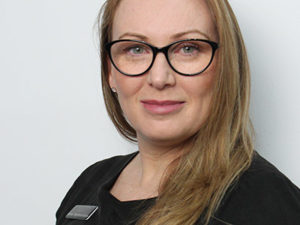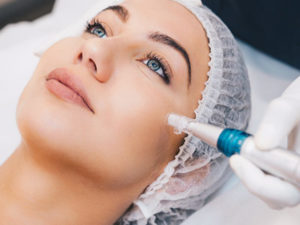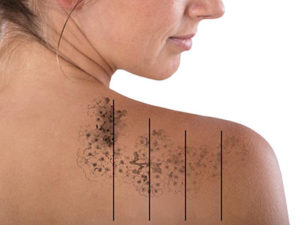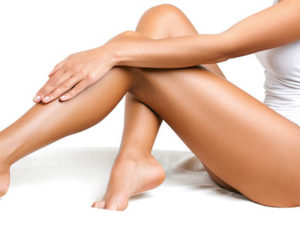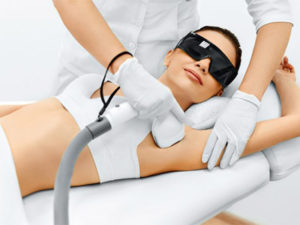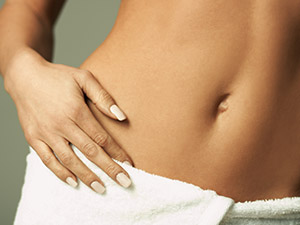What Are The Main Causes Of Pigmentation?
Pigmentation is a common skin condition that occurs when the skin produces too much or too little melanin, the pigment that gives colour to the skin. There are various causes of pigmentation, including genetics, sun exposure, hormonal changes, and skin injuries.
- Genetics play a significant role in pigmentation, and people with darker skin tones tend to have more melanin in their skin.
- Sun exposure is another major cause of pigmentation, and UV rays can trigger the production of melanin, leading to uneven skin tone and dark spots.
- Hormonal changes, such as those that occur during pregnancy, can also cause pigmentation, known as melasma.
- Skin injuries, such as acne, cuts, and burns, can lead to post-inflammatory hyperpigmentation, which is when the skin produces more melanin than usual in the affected area.
Other factors that may contribute to pigmentation include aging, medications, and certain health conditions.
To prevent and treat pigmentation, it is important to practice sun protection, avoid picking at breakouts or other skin injuries, and seek medical advice if you have hormonal imbalances or underlying health conditions that may be contributing to the condition.
We break down the different preventative measures you can take when it comes to avoiding pigmentation.
Preventive Measures to Prevent Pigmentation
Consistent Skincare Routine
With the demands of daily life, we still need to take the time to look after our skin. There are easy ways we can try to prevent pigmentation, such as a good daily skincare routine. By following a consistent skincare routine that includes sun protection, brightening ingredients, exfoliation, and retinoids, you can help prevent pigmentation and achieve a brighter, more even skin tone.
Sunscreen – Firstly, it is important to protect your skin from the sun’s harmful UV rays. Our evolveMD UV Sun Protectant, includes zinc, Coenzyme Q10 and titanium dioxide to protect your skin from the sun’s damaging UVA and UVB rays. As sun exposure can be the biggest cause of pigmentation, it is important to be aware of the importance of sunscreen. You need to apply your sunscreen as the final step of your morning skincare routine. Click here to read a previous blog on the benefits of wearing sunscreen.
Vitamin B3 – In the form of niacinamide, reduces the appearance of pigmentation and assists to improve an uneven skin tone. It also can reduce inflammation and prevent the transfer of pigment to the skin. Our evolveMD Ultimate Brightening Serum is a restorative skin brightening serum that includes niacinamide and also Symwhite to help fade skin discoloration.
Vitamin A – Our evolveMD Multi Active Serum +1% is a premium serum which contains Liposomal Retinaldehyde, a form of vitamin A, which helps to keep pores clear and will speed skin cell turnover for a smoother and more even complexion. This is a great ingredient for improving skin texture and tone issues that arise with pigmentation.
Vitamin C – A powerful antioxidant that is essential for maintaining healthy skin, vitamin C can help even out skin tone by inhibiting the enzyme tyrosinase, which is responsible for the production of melanin. By reducing melanin production, vitamin C can help prevent and reduce pigmentation. Our evolveMD’s Pro Collagen Serum (Vitamin C) – contains 3 types of vitamin C. This triple complex helps to firm, brighten and promote collagen production and benefits most by applying in the morning.
Non-Invasive Treatments
At Evolution Laser Clinic, we offer a range of solutions to treat pigmentation.
- Chemical Peels – Pigment/Ageless Peel
The Pigment Peel is a natural and safe treatment, which gently reduces the appearance of pigmentation and helps prevent future skin discolouration. This unique treatment of concentrated, potent medical-grade vitamins and plant extracts works to gradually break down pigmentation. By utilising our skin correcting boosters, our skin therapists mix a custom Vitamin-A infusion tailored to your skin concerns, which is then massaged into the skin post peel. Our ageless peel rejuvenates your skin to appear more refreshed, re-hydrated and plump. This peel effectively exfoliates the skin to remove dead cells to improve the appearance of ageing skin. This treatment is ideal for those who are sensitive, dry and dehydrated. Both the Pigment Peel and Ageless peels can be performed monthly. - Skin Needling
Our state-of-the-art cosmetic micro-needling device will encourage cell renewal and repair damaged skin caused by pigment or ageing skin. The needling pen contains a series of tiny needles that create micro-injuries to the skin when passed over the surface. These micro-injuries stimulate the body’s natural healing response, which includes the production of collagen, a protein that helps keep the skin firm and smooth. When the skin produces new collagen, it can help to even out pigmentation issues by reducing the appearance of dark spots and other discoloration. Multiple treatments over a period of time will help to strengthen the epidermis leaving you with improved skin texture and tone. - Laser Pigment Reduction
Laser pigment reduction is a safe and effective treatment that uses a laser to target the melanin in the affected area, breaking it down into smaller particles that the body can then naturally eliminate. It can safely treat any benign pigmentation, including freckles, sun spots, age spots, sun damage and liver spots. There is no down time, however, immediately after treatment, the treated area will become slightly darker and must be protected with sunscreen. The number of treatments required will depend on the severity of the pigmentation, but most clients see a significant improvement in the appearance of their skin after just one session. You may require additional sessions depending on the level of pigmentation. It is important to have a complimentary consultation with one of our therapists before undergoing any pigment removal treatment.
FAQ
- What causes pigmentation to form on the skin?
Skin pigmentation is mainly caused by excess sun exposure, hormonal changes and certain medications. - Can lifestyle habits like outdoor swimming affect the development of pigmentation?
Outdoor lifestyle habits can increase the risk of development of pigmentation. By the application of sunscreen every day, the development of pigmentation is greatly reduced. - What are the key differences between skin needling and pigment laser?
Skin needling utilises a micro-needling device to create micro wounds in the skin to trigger a natural healing response in which collagen and elastin growth occurs and pigmentation can be broken down. Pigment laser raises the treated pigment to the skin’s surface, which in 2-3 days, can dry and flake off. - How long do the results of non-invasive treatments usually last?
Skin needling, chemical peels and laser pigment reduction treatments can all be performed monthly. How long the results last varies on the skin of each individual, the post treatment products used and how well their skin is maintained. - Are there any side effects or risks associated with pigment removal treatments?
Like any medical procedure, skin treatments can come with potential risks and side effects. These treatments may cause redness and swelling however, it is important to note that these side effects are usually temporary and will subside within a few days to a few weeks. To reduce the risk of complications, it’s important to follow the recommended post care advice as well as work with your skin therapist who can assess your skin type and recommend the best treatment options for you.
Interested in reducing your pigmentation? We recommend booking in a complimentary skin consultation at your nearest Evolution Laser Clinic. Our trained skin therapists will assess your skin and create the best treatment plan for you!

